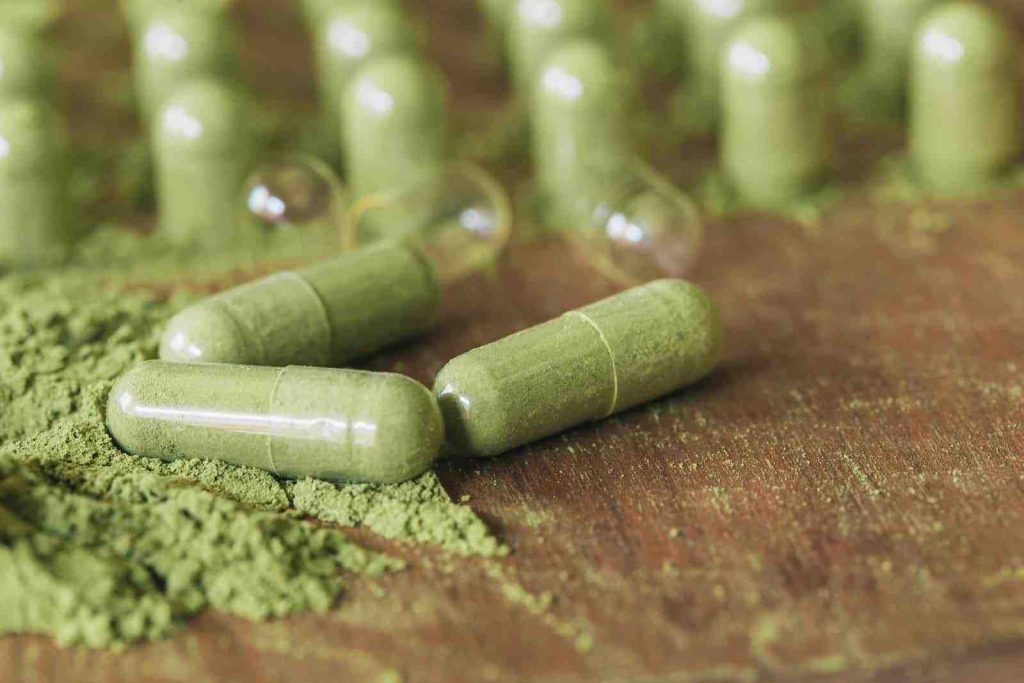Kratom, an herbal supplement derived from the leaves of the Mitragyna speciosa tree native to Southeast Asia, has been the subject of increasing interest due to its purported effects on pain, mood, and energy levels. However, a lesser-explored area of research is its impact on gut health, particularly the gut microbiome, which plays a crucial role in overall health and disease prevention. The gut microbiome comprises a complex community of microorganisms, including bacteria, viruses, fungi, and archaea, that reside in the digestive tract. These microbes are essential for digestion, nutrient absorption, and immune function, and they influence various aspects of health, from metabolic processes to mental well-being. Recent studies suggest that herbal supplements, including kratom, may affect the gut microbiome, but the specific mechanisms and outcomes are not yet fully understood. Kratom contains several active alkaloids, such as mitragynine and 7-hydroxymitragynine, which interact with opioid receptors in the brain, potentially influencing pain perception and mood. However, these compounds might also have indirect effects on the gut microbiota.

For example, kratom’s impact on gastrointestinal motility could alter the environment in which gut microbes thrive kratom products for energy. Changes in gut motility can influence the composition and diversity of the microbiome, as different microbial species may favor varying conditions of intestinal transit. Moreover, kratom’s effects on appetite and food intake could indirectly affect the gut microbiome. The gut microbiome is sensitive to dietary changes, and fluctuations in diet can lead to shifts in microbial composition. Since kratom has been reported to alter appetite and food preferences, it is plausible that its use could impact gut microbiota diversity and abundance. Furthermore, the potential for kratom to influence liver function, through its metabolic processing of active compounds, might also play a role in gut health. The liver is a central player in regulating bile production and other digestive processes that can affect the microbiome. Despite these potential connections, there is a significant gap in comprehensive research specifically targeting kratom’s effects on gut health and the microbiome.
Most existing studies focus on the pharmacological effects of kratom and its potential risks, such as addiction or liver toxicity, rather than its interactions with gut flora. To better understand the implications of kratom use on gut health, more research is needed, including clinical trials and microbiome analyses. This research should aim to elucidate how kratom influences microbial diversity and activity, and whether these changes have any clinical significance for users. In conclusion, while kratom is often used for its psychoactive and pain-relieving properties, its impact on the gut microbiome remains an underexplored area. As our understanding of the gut microbiome and its role in health continues to evolve, it is essential to investigate how herbal supplements like kratom might influence this complex ecosystem. Such research could provide valuable insights into the broader implications of kratom use and contribute to more informed health decisions regarding its consumption.
